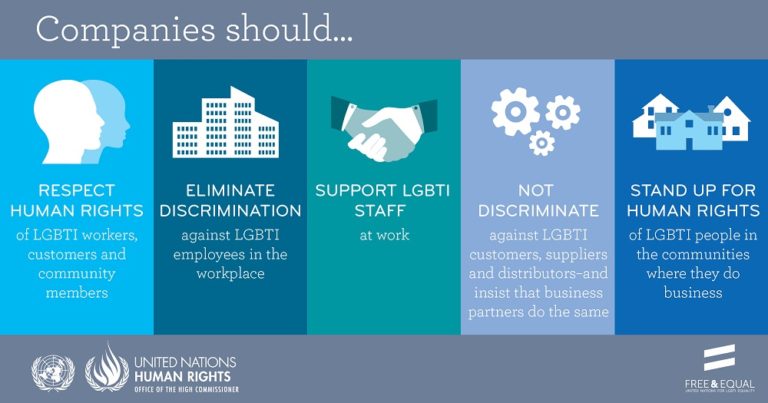10 scams to be on the lookout for during the holiday season.
By Mark Leary , Chief Information Security Officer, Xerox
The holidays are a fun-filled time for celebrating with family and friends, but cybercriminals see this as a time of opportunity. They look to take advantage of us while we’re in the spirit of giving, and when we’re scrambling to run all of our errands.
 Information is power, and that is certainly true when it comes to preventing cybercrime. Here are some top cybercrime scams to be aware of this holiday season.
Information is power, and that is certainly true when it comes to preventing cybercrime. Here are some top cybercrime scams to be aware of this holiday season.
- Social Media Scams. Watch out for phony contests.
- Malicious Mobile Apps. Only download apps from official app stores; check users’ reviews and read the app permission policies.
- Travel Scams. Be wary of too-good-to-be-true offers, and when on the road be careful using free Wi-Fi connections.
- Holiday Spam/Phishing. Never respond to spam emails or click on included links. Remember, banks won’t ask you to verify personal information via text.
- iPhone 5c, iPad Deals. Be suspicious of deals on hot holiday gift items. Try to verify them with a retailer.
- Skype Message Scare. Never click on suspicious links, even if it comes from someone you know.
- Bogus Gift Cards. Buy gift cards from the official retailer and not a third party gift source.
- Phony E-Tailers. Only shop at trusted and well-known e-commerce sites.
- Fake Charities. When you want to give, visit the charity’s web-site and do a little research before donating.
- Phony Classifieds. Don’t wire money for “deals” and make sure you don’t pay for an item before receiving it.
Cybercriminals aren’t the only ones who can gain power from information. Educating yourself about the types of scams that exist on the Internet and how to avert them, and you will stay one step ahead.
Link to More Information
Microsoft Safety & Security Center: Practical security tips for you and your family, useful resources and links, and a forum for you to provide feedback and ask security-related questions.
StaySafeOnline.org: From the National Cyber Security Alliance, which seeks to educate a digital society to use the Internet safely and securely at home, work and school.
Stop. Think. Connect: A national public awareness campaign sponsored by the U.S. Department of Homeland Security. The campaign seeks to help the American public understand cyber threats, and empower the public to be safer and more secure online.



It’s amazing in support of me to have a site, which is beneficial for my knowledge.
thanks admin